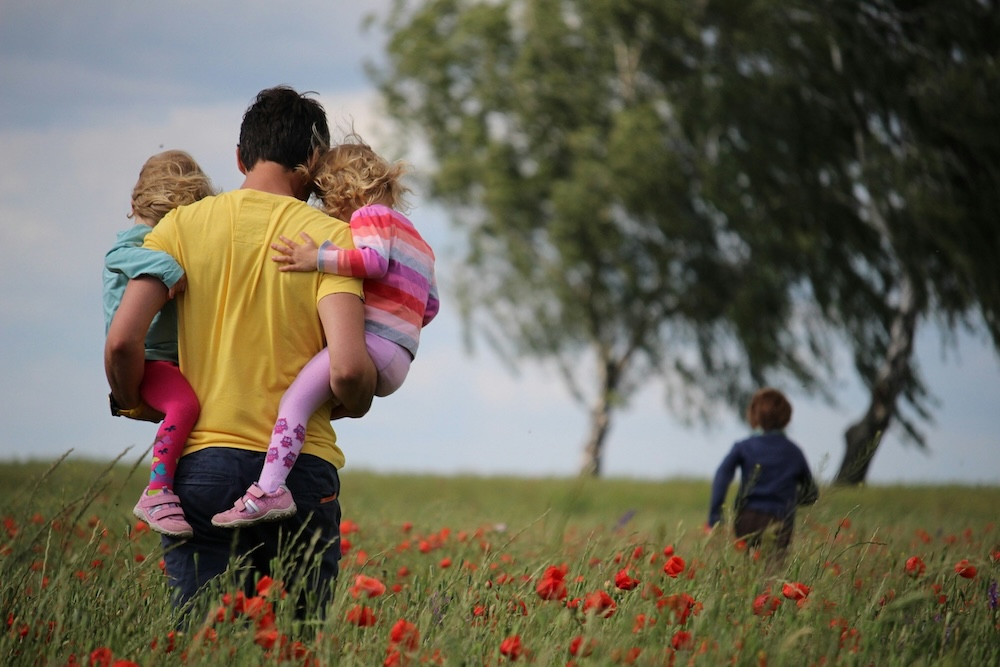Who is Gen Z, Specifically?
Technically, we encourage you to care about every generation, but today we’re talking about Gen Z! Born after Millennials (1981-1996) and before Gen-Alpha (2010-2025), Gen Z was born roughly between 1997-2010. Gen Z is the first generation of “digital natives” and has never known a world without cell phones or the internet. They’ve watched technology rapidly evolve and faced unprecedented challenges, from a global pandemic to a cost-of-living crisis, which will later be understood as unique generational signposts.
“With the Covid pandemic, opportunities disappeared for the kind of part-time employment and internships that undergraduates were once able to have to build their résumés. We finish college now with a diploma in hand. Still, lacking the real-world experience and credentials for which employers look,” Nathan Biller, a graduate of Colgate University, wrote in an op-ed for the Wall Street Journal.
Fast forward to 2024 and many organizations are still trying to navigate this landscape of remote work. And guess who else is feeling it? Yup – Gen Z. They’re joining the workforce during this weird in-between transition, and we could offer some support and mentorship!
Working Remotely: Gen Z’s Dream or Nightmare?
Here are a few benefits from WFH:
- More professional opportunities for people with accessibility needs (when commuting is difficult or impossible)
- Less commuting expenses and less commuting time (more time for other priorities)
- Ability to reduce stress by taking breaks for self-care, or spending time with loved ones
- Ability to help with caregiving, if an older or younger family is at home
But, on the other hand, here are some challenges:
- More difficulty finding support networks and career networks (lack of face-to-face relationship building)
- Screen and Zoom/Teams fatigue
- Greater burnout risk (from unclear scheduling, unrealistic expectations, or a lack of boundaries)
- Risk of isolation and lack of connection
Setting Gen Z Up for Success: Let’s Zap The Gap!
- Build a Strong Culture, Even Remotely: Create opportunities for virtual team-building, social events, and casual interactions. Make sure everyone feels connected and supported, even virtually.
- Clear Communication is Key: Set clear expectations, use silence as a conversational tool, and encourage open communication.
- Prioritize Mentorship & Development: Offer virtual mentorship programs, online training, and opportunities for growth. Invest in Gen Z’s future, and they’ll invest in yours.
- Encourage Work-Life Balance: Promote healthy boundaries, flexible schedules, and self-care. Happy employees are productive employees!
Reflecting on these points, we encourage you to make an effort to update your current virtual landscape as we see that it isn’t going anywhere anytime soon. “Remote work is the new reality, and Gen Z is leading the charge. According to the World Economic Forum, Gen-Z will account for more than a quarter of the workforce by 2025, and they will be a force to reckon with.” By understanding our evolving needs and adapting our workplaces, we can create an inclusive future, no matter where they’re working from.
“If we combine the workforce’s post-pandemic desire for autonomy and freedom with great managing that matches the needs of the new workforce—and customers—we could create the most engaging and inspiring workplace cultures imaginable,” he says. “The changes brought about by the pandemic have created remarkable opportunities for organizations to manage, motivate, and get more productivity and customer focus out of their workforces than ever before. While there are significant challenges, many organizations have already shown this is possible.” – Dr. Jim Harter Will you be a catalyst for change, support Gen Z as they navigate this new landscape, and Zap the Generational Gap with me?






